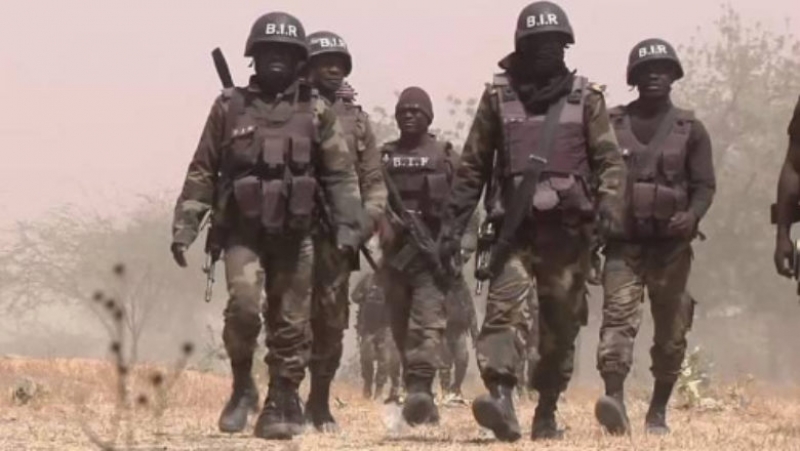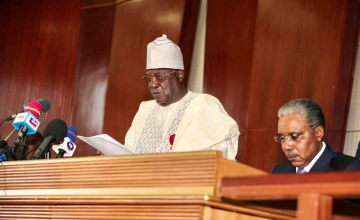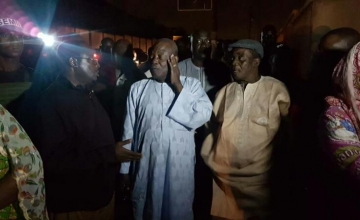
The rights group says the incidents of this forced labour were rife from mid-March to late April 2020, with soldiers beating and/or threatening those who refused to perform the tasks.
Human Rights Watch reports that for now, following denunciations by local nongovernmental organizations and the National Human Rights Commission, the beatings appear to have stopped. However, people in the town report that they continue to live in fear of beatings resuming and that the forced labour and threats continue.
“The Cameroon authorities should immediately stop forcing civilians to perform night guard duty and instead protect civilians through lawful means,” said Lewis Mudge, Central Africa director at Human Rights Watch. “Cameroonian authorities should investigate the reported beatings, threats, and forced labour and members of the security forces found to be responsible should be brought to justice.”
“The Cameroon army started to forcibly mobilize civilians after a February 4 Boko Haram attack, during which its fighters burned an estimated 40 homes in Mozogo and killed 2 civilians, one of them a blind man, who was killed and then burned inside his home,” the rights group said in Friday’s presser.
Human Rights Watch said in April and May, it interviewed 15 people by telephone who have been forced to perform night guard duty under threat. “Six had been beaten for initially refusing to join. Human Rights Watch also spoke with 12 Mozogo residents who witnessed but had not been subject to the forced labour, four victims and witnesses of other alleged military rights violations, and four representatives of local human rights groups,” the statement read in part.
Minister of State Ferdinand Ngoh Ngoh, Secretary-General at the Presidency of the Republic and Samuel Mvondo Ayolo, Director of Civil Cabinet at the Presidency were reportedly contacted by Human Rights Watch for comments on June 9. Human Rights Watch says it also followed up with a senior official from the Presidency on June 18, but no Cameroonian official had responded at the time the statement was published.
“The civilians who were forced under threat to perform guard duty received no compensation and were put in harm’s way. They were not trained, were unarmed, and were told to run back to town to alert the army if they saw Boko Haram fighters approaching,” said Human Rights Watch. “Mozogo residents said the military unit based in Mozogo – the 42nd Motorized Infantry Battalion (BIM) – worked with local authorities to compile lists of about 90 men and at least one boy who was required to join the night guard duty and displayed these lists in public spaces. They identified at least 12 locations in and around Mozogo as posts for night duty and assigned nine civilians to each location.
“Those who did not willingly comply were sought out in the neighbourhoods and threatened with death and beatings. Some were beaten in public. According to victims, witnesses, and residents, at least 40 people were threatened with death and beatings or were beaten for refusing to take part.”
Boko Haram's decade-long uprising to establish a hardline Islamic state in Nigeria's northeast, which has killed more than 27,000 people and left 1.8 million homeless, spilled into neighbouring Niger, Chad, and Cameroon.
An anti-Boko Haram force combining soldiers from Chad, Cameroon, Niger, and Nigeria has since been set up but has failed to rout the group from the restive Lake Chad region.
The jihadist group has stepped up attacks in Cameroon and neighbouring countries. Human Rights Watch says since January, Boko Haram has carried out over 200 attacks and raids in the Far North region, killing at least 126 people.














